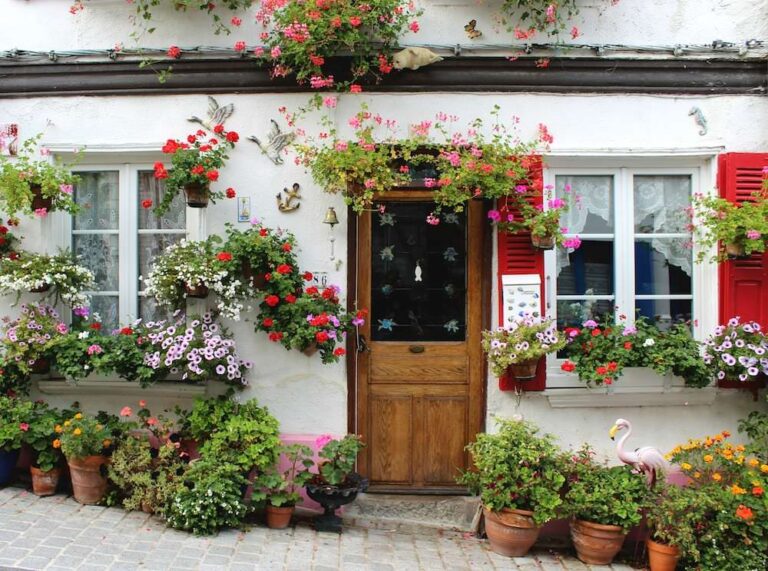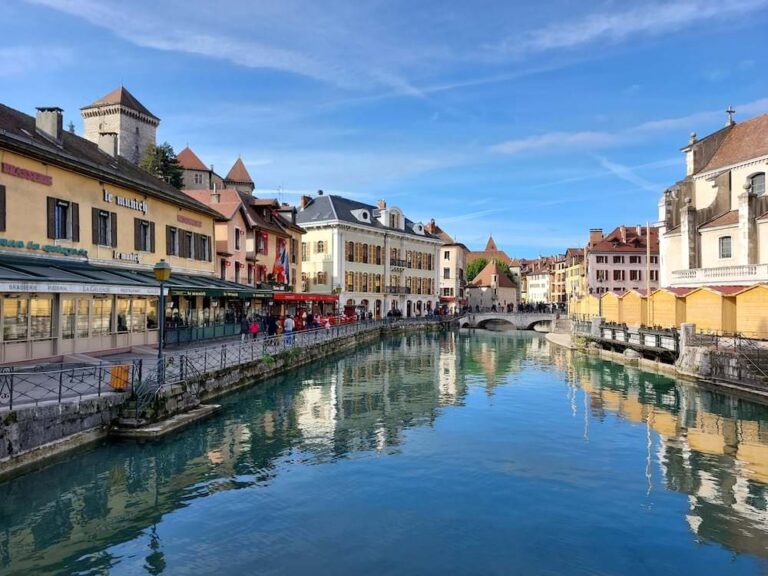entendre
Understanding the French Verb “Entendre” The French verb entendre is a versatile verb with multiple meanings. While its primary meaning is “to hear,” entendre can also mean “to intend,” “to get on well,” or even “to agree (on),” depending on the context. 1. Meanings of Entendre First Meaning: To HearIn its most common usage, entendre…









